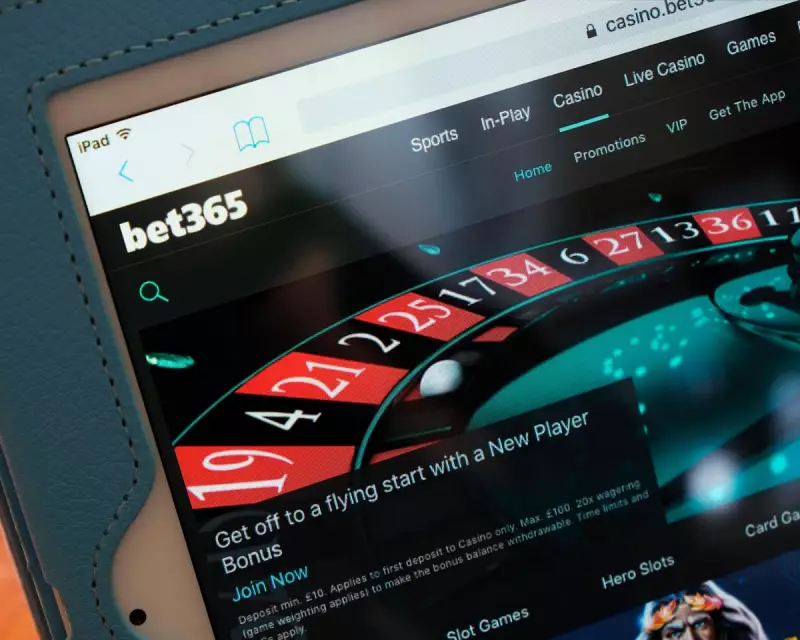
The UK gambling sector has recorded a significant financial upswing, winning an additional £1 billion from punters in the year to March, according to fresh data from the Gambling Commission.
This substantial increase is expected to intensify calls for the Chancellor, Rachael Reeves, to raise betting taxes in the upcoming budget. The figures reveal that betting companies generated £12.6 billion from services excluding lotteries, marking a 9.3% rise on the previous year's total of £11.5 billion.
Online Casino Boom Drives Profits
A major driver of this growth was the performance of online casinos. Winnings from this sector alone surged by almost 15% to £5.0 billion, up from £4.4 billion in the prior period. This means that revenue from online casino games is now a staggering 55% higher than it was at the start of the Covid-19 pandemic in 2020.
These games are frequently criticised for their highly addictive nature, leading campaigners, including former Prime Minister Gordon Brown, to demand an increase in the online gaming duty.
Industry Lobbying Intensifies Ahead of Budget
The release of this data coincides with an aggressive lobbying campaign by the gambling industry, which is attempting to persuade the Treasury to avoid announcing significant rises in betting duties. The industry has powerful allies, with The Sun newspaper running a "Save Our Bets" campaign.
Joanne Whittaker, the chief executive of Betfred, has been vocal, warning that even a modest increase to the machine games duty would have a "devastating impact" and could paradoxically reduce the industry's overall tax contribution. Last month, Betfred threatened to close all 1,287 of its high street betting shops if taxes were raised. Similarly, the company behind William Hill indicated it was considering closing up to 200 shops.
Other Sectors and Campaigner Concerns
The data also highlighted growth in other areas. Adult gaming centres (AGCs) reported a 10% increase in winnings, taking their total to £682.9 million from £623.3 million. These venues have drawn criticism from anti-gambling groups for allegedly targeting poorer communities and for inadequacies in helping problem gamblers self-exclude.
As the budget announcement looms, the debate pits the financial health of a booming industry against mounting public health concerns and calls for greater fiscal contribution.





